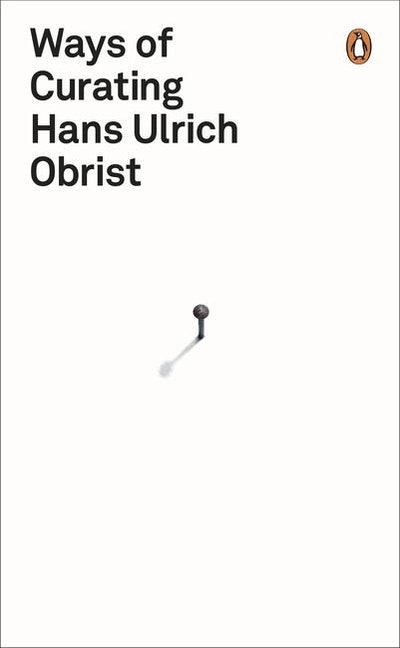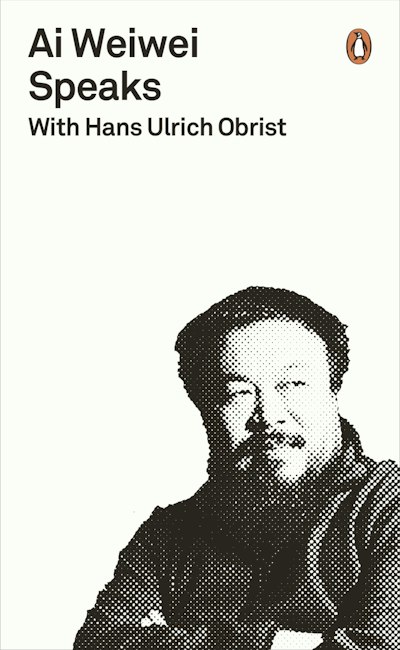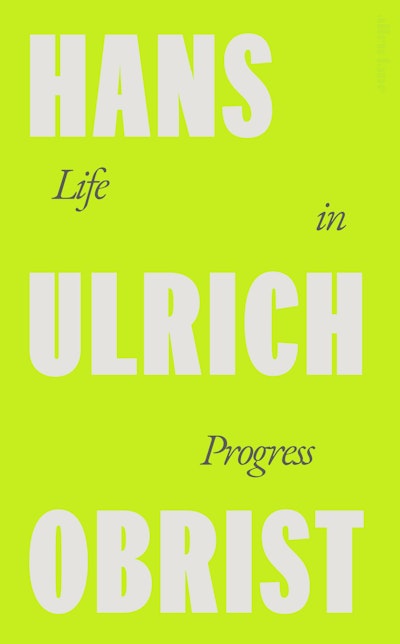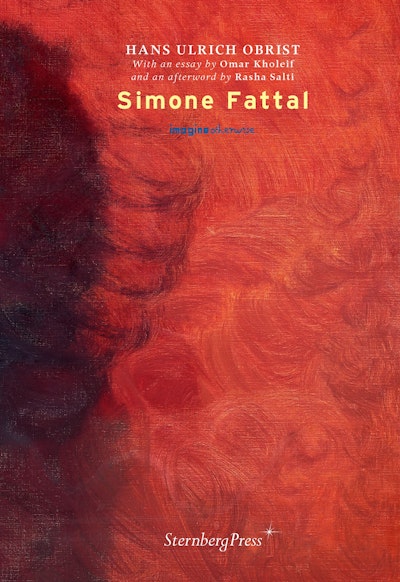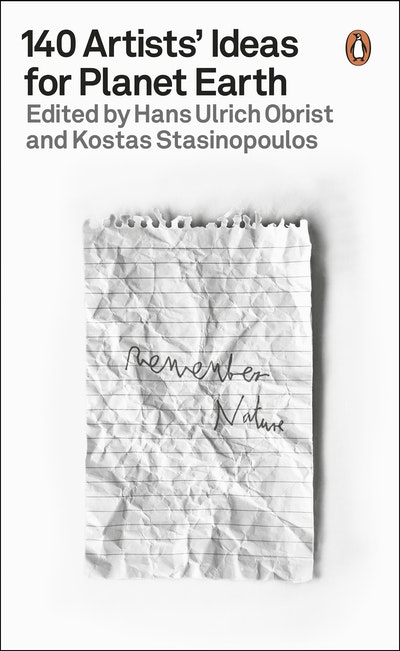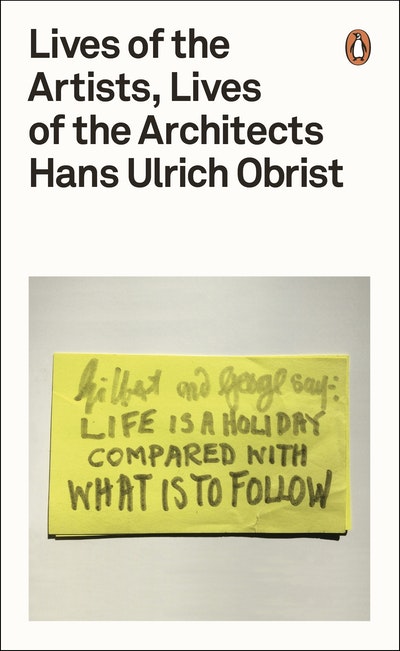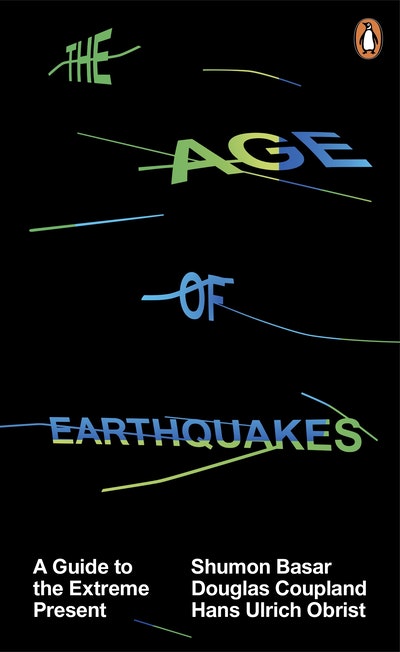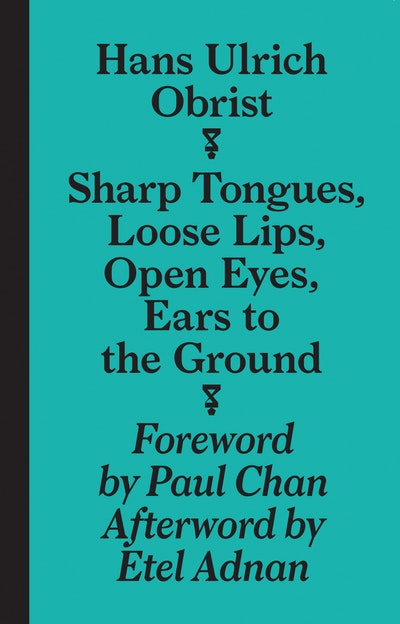- Published: 27 May 2015
- ISBN: 9780241950968
- Imprint: Penguin Press
- Format: Paperback
- Pages: 192
- RRP: $26.00
Ways of Curating
- Published: 27 May 2015
- ISBN: 9780241950968
- Imprint: Penguin Press
- Format: Paperback
- Pages: 192
- RRP: $26.00
One of the most colourful figures in the artworld today . . . Hans Ulrich Obrist [is] not so much a curator as a human whirlwind
Guardian
An engaging and erudite work that argues persuasively for the continued relevance of curating for the arts and wider society. His book is about the curator's role as a maker of exhibitions, a task that involves tracing hidden connections between artworks and forging untrammelled routes across culture in search of new ways of experiencing art; new ways of looking at the world around us. If that sounds like an impossibly romantic definition it's because this is an unapologetically personal account of the profession's development
Ekow Eshun, Independent
The sheer energy [Obrist] has brought to working with artists themselves is the abiding impression of Ways of Curating
Brian Dillon, Literary Review
This is a highly intelligent, thoughtful and thought-provoking book. Obrist emerges as both scholarly and energetically engaged with the proliferation of ideas in modern culture today
Financial Times
